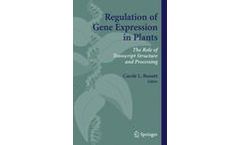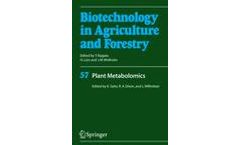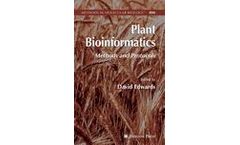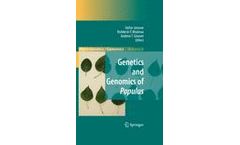plant-science books
5 books found
Except for one area of gene expression control, plant research has significantly fallen behind studies in insects and vertebrates. The advances made in animal gene expression control have benefited plant research, as we continue to find that much of the machinery and mechanisms controlling gene expression have been preserved in all eukaryotes. Through comparison, we have learned that certain ...
Metabolomics – which deals with all metabolites of an organism – is a rapidly-emerging sector of post-genome research fields. It plays significant roles in a variety of fields from medicine to agriculture and holds a fundamental position in functional genomics studies and their application in plant biotechnology. This volume comprehensively covers plant metabolomics for the first time. The ...
In the last decade, enormous progress has been made on the physiology of plant roots, including on a wide range of molecular aspects. Much of that progress has been captured in the chapters of this book. Breakthroughs have been made possible through integration of molecular and whole-plant aspects. The classical boundaries between physiology, biochemistry and molecular biology have vanished. ...
Bioinformatics is a rapidly developing field. Data volumes continue to grow and there is an increasing breadth of available data, including sequence, gene expression, protein, metabolite and phenotypic data. Novel databases are being developed for specific species or experiment types. These databases and tools may greatly assist in the application of plant biotechnology, though they require a ...
Trees are truly amazing! Woody species underpin vital terrestrial ecosystems, present a complex array of evolutionary novelties, and provide essential benefits and commodities. Trees play a key role in the major biogeochemical cycles, including water, oxygen, and nitrogen. Notably, forests are second only to oceans in the biological sequestration of carbon, and forests are recognized for their ...





